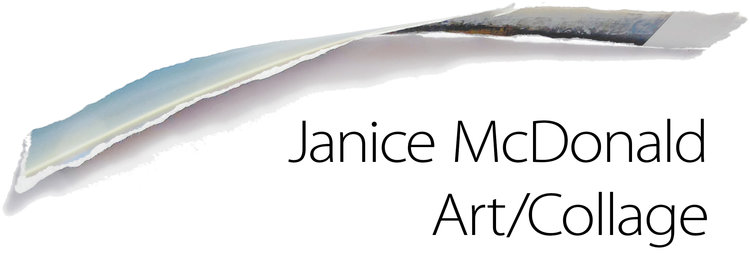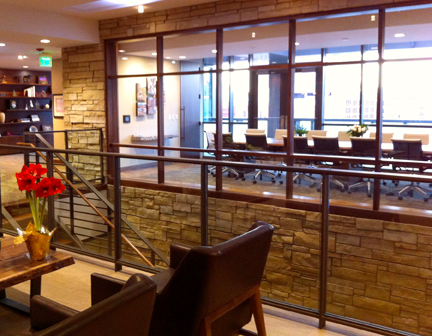Both of my grandmothers were born in 1898 before women could vote in the United States. American women finally got the right to vote with the passage of the 19th Amendment in 1920. The majority of women of color were not able vote until the passage of the Voting Rights Act of 1965.
As a young girl, I listened to poignant stories about what a joy and a privilege it was for Dorothy and Mabel to finally participate in elections. They impressed upon me that I must never take the power of my vote for granted — our vote is our voice.
Photo from a Women’s March, early 1900s, photographer unknown.
I continued those “importance of voting” conversations with my daughter. In 2016, we watched the documentary Not For Ourselves Alone: The Story of Elizabeth Cady Stanton and Susan B. Anthony. The history of women’s fight to get the vote is rarely taught in schools—and the film is amazing. I’d seen it before, but that time around I was struck anew by how much art/craft/design went into the costumes, banners and signage that were used during the protests to gain the vote.
Shortly after watching the film, I made the “Vote” collage (shown at top) in my sketchbook in homage to the tenacity of the original suffragettes.
After witnessing the recent erosion of women’s rights, among other concerns, I wanted to find my own path to contribute by doing more than just simply voting this election season. So I’m committed to highlighting the importance of voting through my artwork and conversations. (Confirm your voting status or register to vote at vote.org.)
In this spirit, I’ve designed several "Vote" tee shirts. Wear one to… provoke a conversation, help promote voting rights, and/or collect an evergreen tee that can be worn beyond this upcoming election. I've also created buttons if you're a quieter communicator :) All feature my original “Vote” collage and are available via the shop on my website.
Note: As of October 11, 2024 the shop has closed. Thanks to everyone who participated in the project. Now it’s time to actually get out there and VOTE!
Engaging in the election process can change attitudes from “ugh, politics” to “oh, let’s begin to build the community I want to live in.” A canvasser who focuses on getting out the vote shared an apt analogy that she uses when speaking with people who plan to sit this election out: If you need to get somewhere and there isn’t a bus going to your exact destination, you don’t just give up and stay home. Instead, you hop on the bus that takes you closest to where you’d like to go. Yes!
Let’s celebrate the freedom we have to make our choices and voices heard. If this project resonates with you, please share this post and help me spread the word. (I know my grandmothers Dorothy and Mabel would approve!)
Watch for additional vote-related collages to appear on my Instagram feed. New ideas are percolating.
To learn more about the banners that were used during women’s protests to win the vote, check out these articles: Crafting a Voice: The History of Suffrage Banners and The Banner Years of Mary Lowdnes (an overview with amazing original design sketches from a woman who sewed, stitched and painted banners to help promote voting rights in England) Photo below is from a march in England where some of Lowdnes handiwork was probably on display (photographer unknown).














